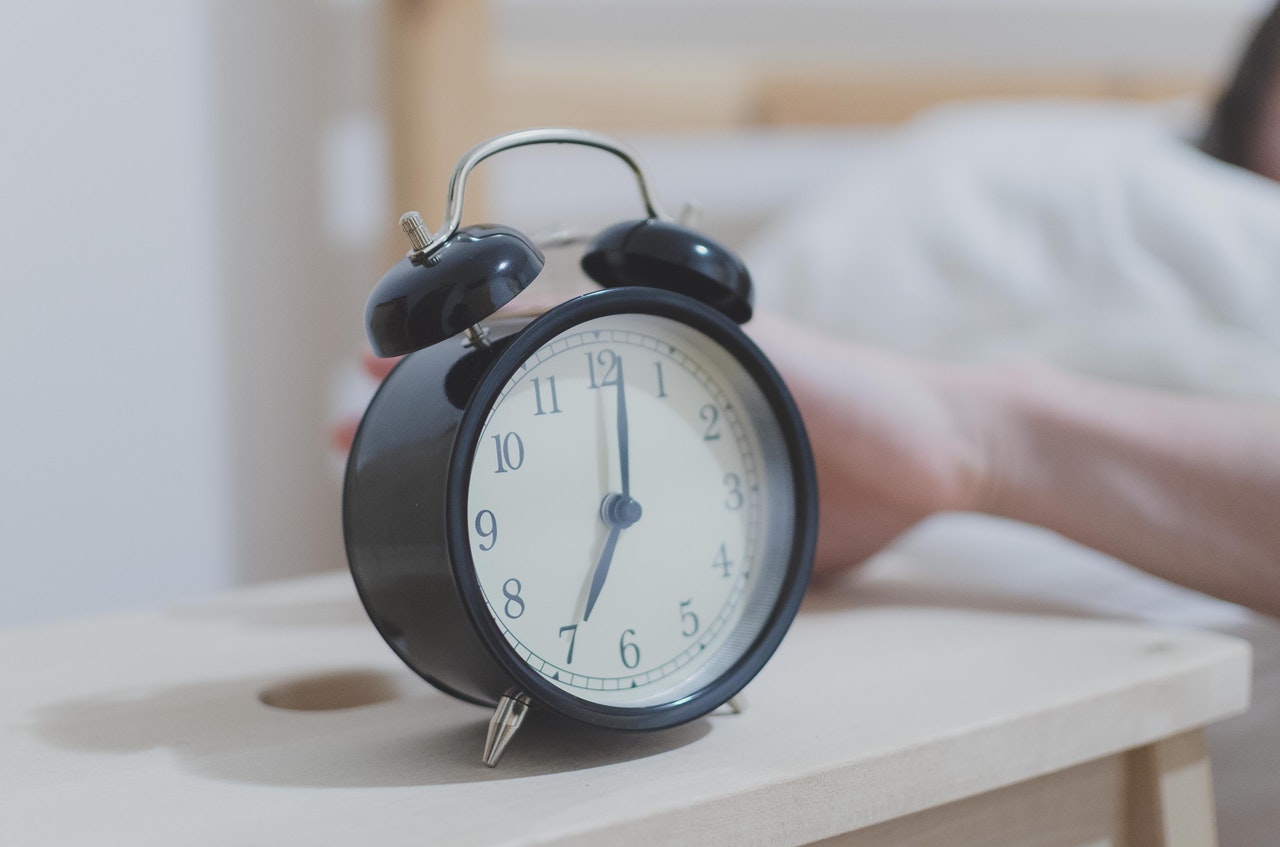With employee burnout on the rise and recruiters reporting more work with fewer gains, maybe everyone just needs a good night’s sleep.
Back-to-back networking events, four interviews, and a pile of resumes to review before leaving the office. Sound familiar? With a constantly evolving demand for their efforts, recruiters often face an exhausting workload. According to a 2018 Monster survey of more than 400 hiring practitioners, 62 percent report their jobs as being more difficult than the previous year, and 67 percent say the difficulty exceeds that of five years ago.
Recruiters are busy, and the job is only getting tougher. “Today’s strong economy is increasing the overall demand for talent, so recruiters are under tremendous pressure,” said Bob Melk, Chief Commercial Officer, Monster.
American psychologist, Herbert Freudenberger coined the term ‘burnout’ in the 1970s to describe the debilitating weariness experienced by people in “helping” professions, such as doctors and nurses. Though today, employee burnout is present in most lines of work and is actually rising across the board, with CNN reporting 23 percent of American employees feeling burned out often, and another 44 percent feeling burned out sometimes.
General signs of burnout include fatigue, insomnia, inability or difficulty concentrating, anxiety, depression, lack of appetite, and even physical symptoms like dizziness or chest pain. The solutions are just as varied and range from culture overhaul to full-on career change, but the answer we are interested in today is much simpler and doesn’t cost a thing, sleep.
Many companies, including HuffPost, Nike, and Ben & Jerry’s, are beginning to popularize the work-related benefits of sleep like improved focus and motivation. Arianna Huffington believes naps are the key to high performing employees saying to Today, “sleep makes us more productive, creative, less stressed and much healthier and happier.”.
In fact, one Japanese company, Crazy, Inc., actually pays its workers to get a full night’s sleep to improve concentration and productivity. “Employees with happier lives will lead to better performance at the office.” Says Crazy, Inc.’s CEO, Kazuhiko Moriyama. “You have to protect workers’ rights, otherwise, the country itself will weaken,”
Sleep and Productivity
These business models are backed in science and economics. Sleep has been proven to drastically improve employee performance and decrease worker absenteeism. It allows the brain to restore neural connections and cleanse its systems, resulting in a more focused, creative, and efficient mind. Well-rested employees are also better equipped to work well with others. The energy boost that sleep provides improves mood, interpersonal communication, and temper, enhancing the ability to work well with other and finish projects on time.
Therefore, sleep-deprived employees are less effective and can drastically cut a company’s efficiency. In fact, the missed work and shortened attention span of sleepy workers costs U.S. businesses over $400 billion in lost productivity every year.
Why Recruiters (Especially) Need Sleep
While sleep is key to performing any job well, it’s especially important when working directly with others in a demanding field like recruiting. Exhaustion, short temper, and the inability to focus are all signs of burnout and can inhibit recruiter effectiveness. A restful nap or good night’s sleep can vastly improve teamwork, energy, focus, and cognitive processing (ie thinking faster). Sleep also lowers stress levels and rehabilitates the brain, alleviating weariness and burnout that might occur otherwise.
How to Catch Those Z’s
Getting enough sleep doesn’t have to be a huge disruption to anyone’s lifestyle. Most specialists recommend getting around eight hours of sleep a night so the body has enough time to rebalance hormone levels and cleanse its systems. To fall asleep quickly, experts recommend limiting before-bed screen time and leaving laptops and phones in the other room.
Instead of watching tv to fall asleep, try some of these stress-busting relaxation techniques, like:
- Deep breathing exercises
- Stretching
- Meditation
- Aromatherapy
Extra steps to take throughout the day include cutting down on alcohol and caffeine and optimizing the bedroom environment by eliminating noise and investing in a high-quality mattress/bedding.
At the end of the day, a recruiter is most efficient when working with a well-rested, energetic and focused mind. Therefore, it’s imperative that they allow themselves some much-needed rest and recuperation before tackling the next day’s demands.

